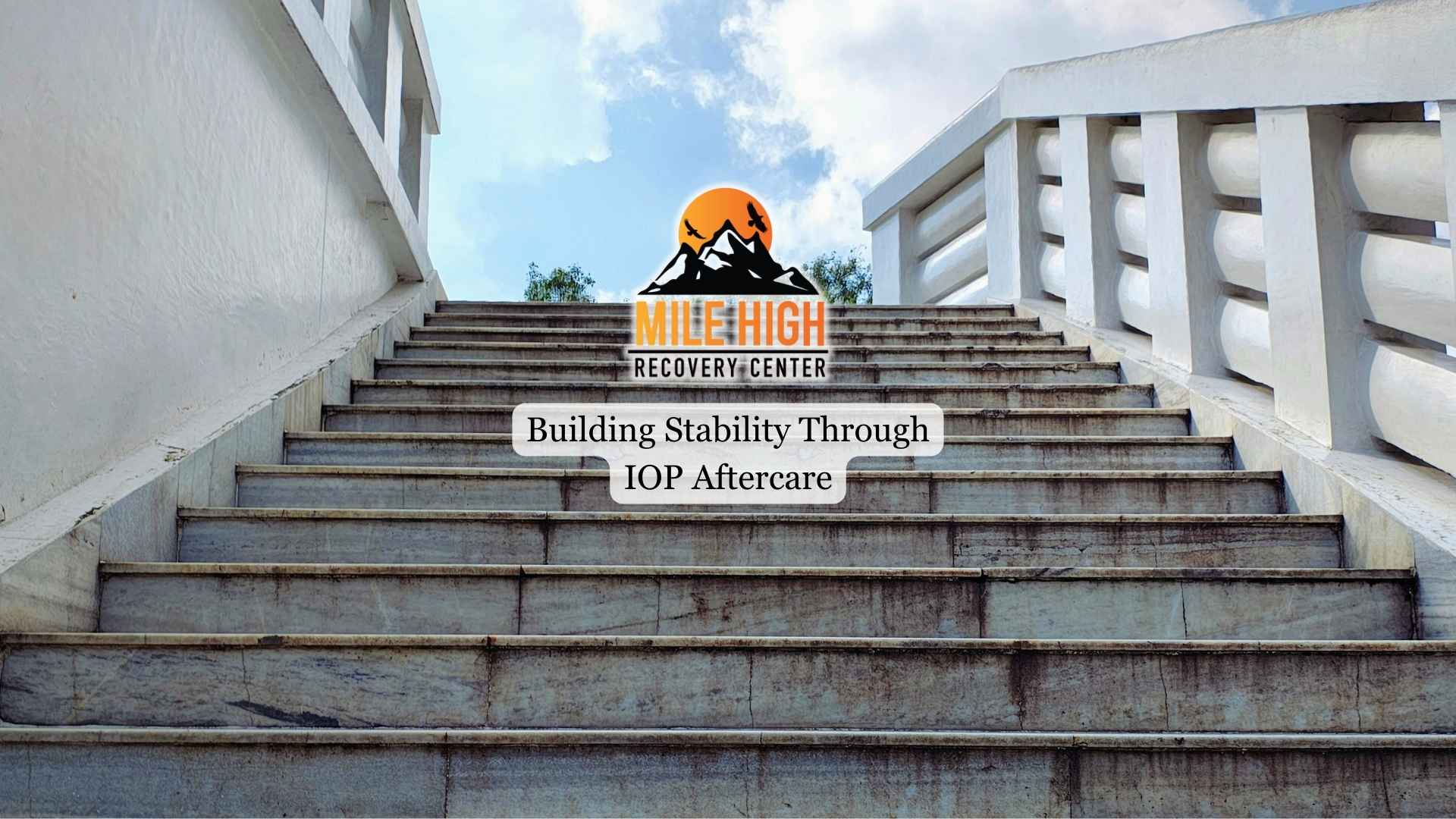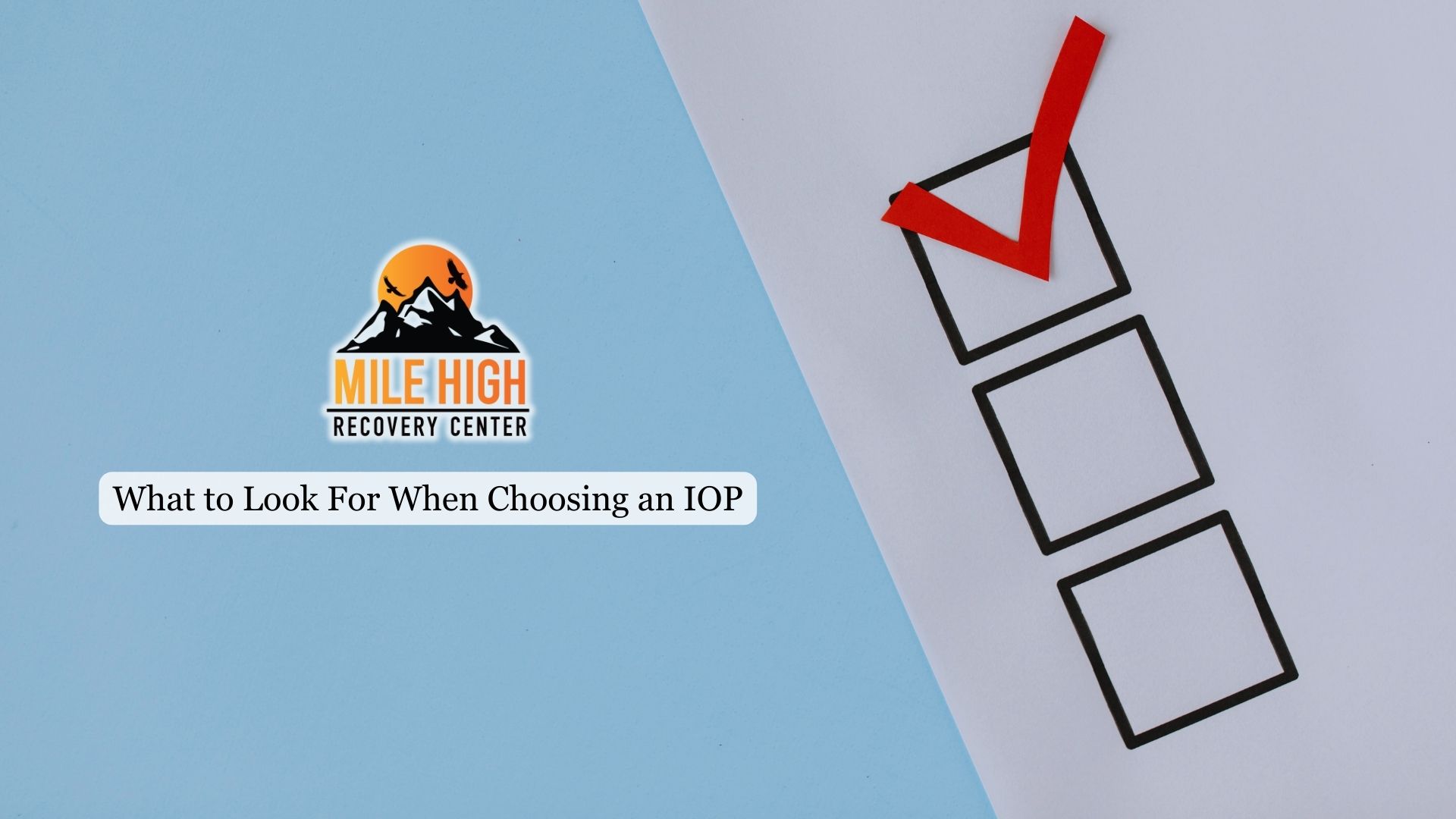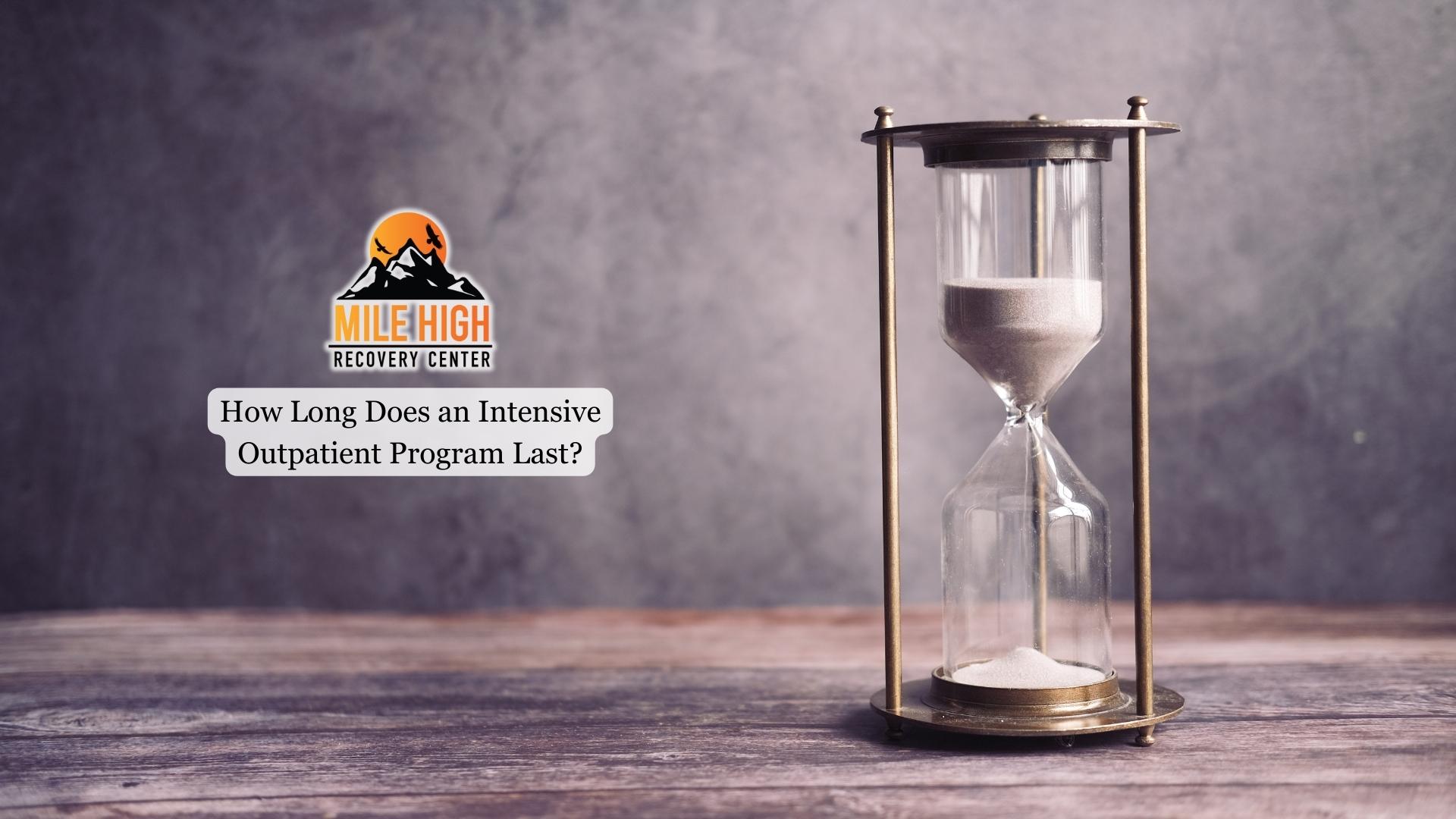Residential treatment is a comprehensive approach to addiction recovery that provides individuals with a structured, supportive, and drug-free environment. It offers round-the-clock care designed to address one’s emotional health as well as the physical and psychological aspects of addiction, helping residents every step of the way to focus fully on their healing process away from everyday distractions and triggers.
This article will explore what to expect from a residential treatment program, outlining the benefits and daily routines of this intensive form of care to help individuals and their loved ones make informed decisions about their recovery journey.

The Residential Treatment Environment
Residential treatment centers provide a structured environment that aims to support individuals struggling with severe substance use disorders in their recovery journey. These facilities offer a community-oriented setting that removes patients from their everyday environment and potential triggers for substance use.
The structured nature of residential treatment programs is designed to help patients build accountability and develop a strong support system tailored to their individual needs.
Safety is prioritized through thoughtful facility design, security measures, and continuous staff supervision, all of which contribute to a healing atmosphere where residents can build coping skills, restore self-esteem, and prepare for independent living beyond treatment.
Research has shown that residential treatment can be effective in reducing substance use and improving overall functioning for individuals with severe substance use disorders, particularly when combined with ongoing aftercare and support services.
Benefits and Effectiveness of Residential Treatment
Intensive, Immersive Care Addressing Multiple Aspects of Addiction
One of the primary advantages of residential care is its holistic approach. Unlike outpatient treatment programs, residential treatment provides 24/7 care in a structured environment, allowing for continuous monitoring and support. This setting enables the treatment team to address not only the physical symptoms of addiction but also the underlying psychological and social challenges. Patients receive individualized therapy, group counseling, medical supervision, and educational programs that collectively foster healing on multiple levels.
Reduced Exposure to Triggers and High-Risk Environments
Residential treatment removes individuals from their usual environments, which often contain numerous triggers that can prompt substance use. By living in a controlled, drug-free setting, patients are shielded from the social pressures, locations, and situations that previously contributed to their addiction. This separation is critical in the early stages of recovery, as it allows individuals to focus solely on their recovery from substance use disorders without the distractions or temptations of their prior lifestyle.
Improved Chances of Sustained Sobriety Through Comprehensive Support
Patients benefit from a combination of medical care, behavioral therapies, peer support, and life skills training. This multifaceted support helps individuals develop effective coping mechanisms, relapse prevention strategies, and healthier habits that are essential for maintaining sobriety after leaving the program. The immersive nature of residential treatment often also promotes accountability and motivation, which are key factors in successful recovery.
Particularly Effective for Severe Addiction and Co-Occurring Mental Health Issues
Residential treatment may be necessary for those with severe substance use disorders or co-occurring mental health conditions such as depression, anxiety, or PTSD. These individuals often require a higher level of care than outpatient programs can provide. The integrated treatment approach in residential settings addresses both addiction and mental health simultaneously, often incorporating evidence-based therapies like cognitive-behavioral therapy (CBT) to help patients identify and change negative thought patterns and behaviors. This comprehensive approach improves overall outcomes. Close medical supervision ensures that any complications or crises are promptly managed, which is crucial for this vulnerable population.
Daily Structure and Routine
Residential treatment programs follow a structured daily schedule that combines individual counseling, group therapy, and community support meetings to promote recovery and personal growth. The routine includes educational workshops, wellness activities like exercise and meditation, and recreational opportunities to foster social connection.
This predictable framework provides stability, helps patients develop healthy habits, reduces stress, and keeps them focused on their treatment goals, creating a supportive environment conducive to lasting change.

The Role of Community and Peer Support
Residential treatment programs emphasize community and peer support as vital elements of recovery. Living together in a structured setting, patients engage in group therapy and share experiences, fostering belonging and mutual accountability.
Combining peer support with professional treatment improves abstinence rates and psychosocial functioning. Beyond treatment, these social connections help patients develop essential communication and coping skills, reducing isolation and relapse risk as they transition back to daily life.
Duration and Commitment
Residential treatment programs offer a structured, immersive setting for intensive therapy, relapse prevention skill-building, and thorough aftercare planning. Typical stays range from 6 to 12 months, tailored to individual needs and progress, with research indicating that treatment durations of 90 days or more lead to significantly better outcomes.
Although committing to a longer stay can be challenging, this comprehensive care addresses the complex causes of addiction and equips individuals with the tools for sustained recovery and long-term well-being.
Transition and Aftercare Planning
Aftercare planning is a vital part of the residential treatment process, preparing patients for a successful transition back to daily life while maintaining their recovery after treatment. This collaborative plan typically includes referrals to outpatient therapy for continued support, connection to sober support networks such as 12-step or peer groups, and comprehensive relapse prevention strategies.
These strategies help individuals identify triggers, develop healthy coping mechanisms, and establish structured routines focused on self-care and sobriety. By equipping patients with these tools and resources, aftercare planning significantly enhances the chances of long-term recovery success
Final Thoughts from Mile High Recovery
Residential treatment provides structured, intensive care addressing physical, psychological, and social aspects of addiction, especially for severe cases or co-occurring disorders. It offers medical care, therapy, and education in a controlled environment, reducing triggers and allowing close monitoring.
Mile High Recovery Center in Denver, Colorado, offers personalized residential treatment plans tailored for each individual’s unique recovery journey. Our commitment to quality care and a compassionate team of experts provides the structure and support necessary for achieving and maintaining lasting sobriety.







